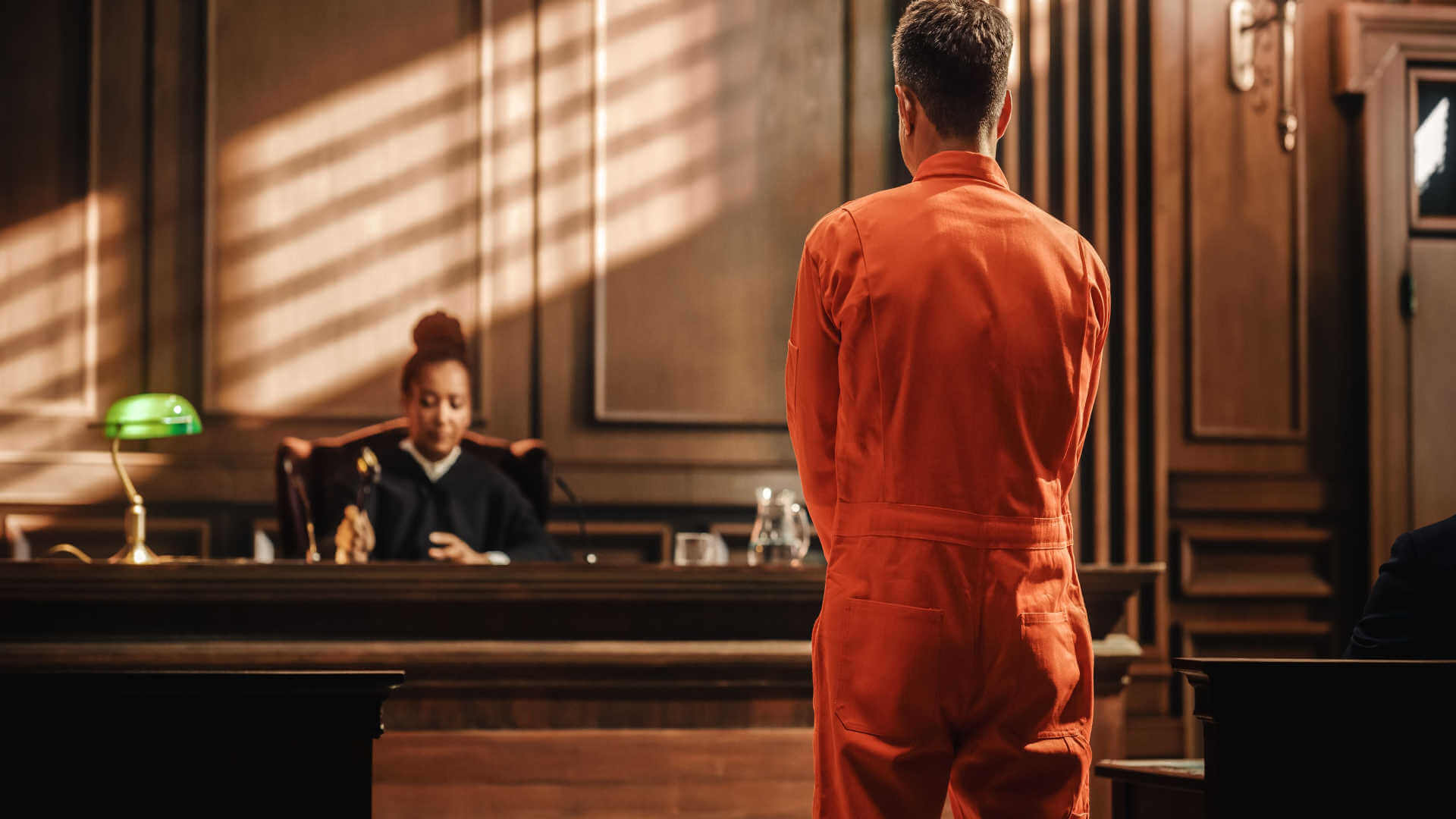What Are All the Types of Parole?

Did you know that there are several different types of parole? In Pennsylvania, there is more than one way a criminal court can grant someone parole and why. Being that there are many different reasons a person can find themselves incarcerated, we have specific types to differentiate them.
This distinction is important to an attorney more so than anyone else. The right criminal defense attorney will know the difference and seek the best option for their client. If they don’t know the correct types of parole, they run the risk of seeking a legal option that would be more difficult for their client or even impossible.
When you’re looking for a criminal defense attorney for you or your loved one, you make sure they know everything they should. The criminal defense attorneys at Mazzoni Valvano Szewczyk and Karam know and understand them all to best fight for our clients’ freedoms.
The Three Types of Parole
Parole rules are not only different from state to state, but from county to county. This means that your potential for parole may differ simply by being charged a few blocks down from your home address. These three types are overarching types that share common characteristics. If you’re from outside of Scranton and are charged in the Electric City, don’t expect your potential parole options to be the same.
An example of what might be different would be what is considered “good behavior.” Different counties may also have different restrictions on what crimes may be up for parole and how much time they can potentially have removed by parole.
Mandatory Parole
This is the parole type that many people will know. To incentivize good behavior from people found guilty of certain crimes, they will be offered time off their sentence for good behavior in prison. It can be something small like having a few days taken off for a week or a month-long sentence. It can be years of a decades-long sentence.
The amount of time that someone receives off for good behavior can be decided on before actual incarceration. With the help of an attorney, the court can be appealed to after incarnation for even more time off.
Discretionary Parole
This type of parole is only when you or a loved one is already incarcerated. Through the efforts of an attorney, good behavior, your impending predetermined parole date, and/or potentially new evidence in the court case, you can appear before the court again, specifically a parole board. They take into account your record, your original court case, and eyewitness accounts, and decide on whether or not to grant you parole.
Discretionary and mandatory parole commonly crossover, but whether or not they do wholly depends on the decisions made in the original court case.
Expiatory Parole
This is technically a type of parole, but never one that someone would want to pursue. This is the name for the process of being freed after completing or overstaying your sentence.
Everyone wants to avoid expiatory parole, because it’s parole in name only. You still technically received expiatory parole if you appeared before a parole board multiple times and were denied.
Contact the Parole Attorneys at MVSK Law
As experienced criminal defense attorneys, we know exactly what kind of parole you can and should seek. We will fight vigorously until you or your loved one can walk home free. Your freedom or that of someone you love isn’t something you should take risks on. You need an attorney you can trust. Contact us today.

